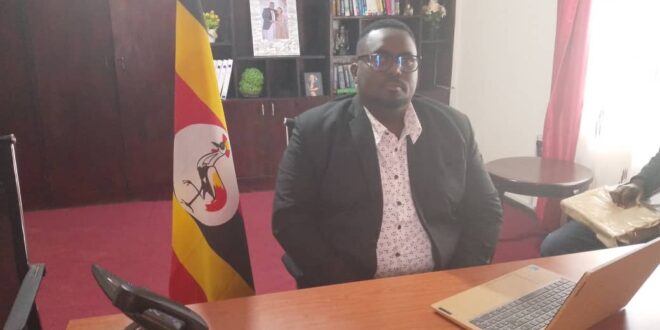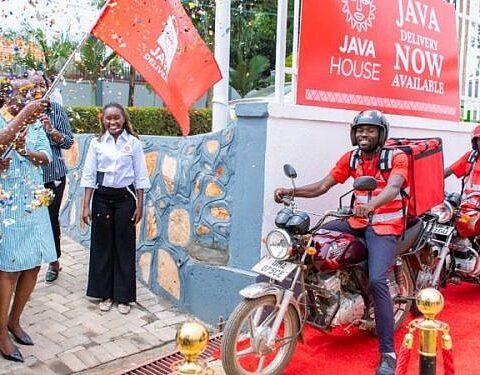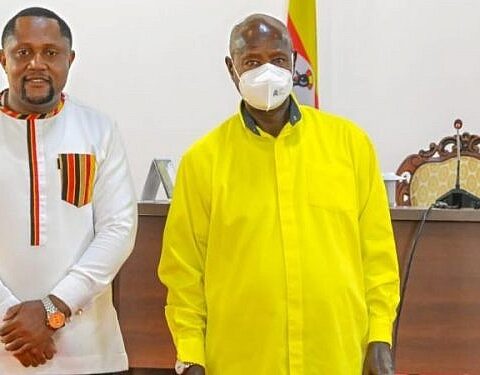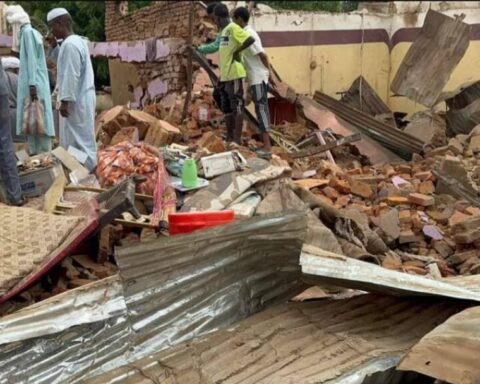KABALE -The ongoing National Identity Card enrollment and renewal exercise in Kabale District has so far registered over 18,000 people since its official launch on May 26, 2025.
The exercise, spearheaded by the National Identification and Registration Authority (NIRA), is expected to run for six months across the country.
According to Billy Basulwa, the NIRA registration officer overseeing Kabale, Rubanda, and Rukiga districts, the exercise in Kabale is being facilitated by 30 active biometric kits, each registering an average of 30 individuals per day.
Basulwa noted that registration centers have been set up at Kabale Central, Northern, and Southern Divisions, along with a key site at Makanga Rukiiko Hall.
Additionally, a mobile registration team is extending services to essential workers such as medical professionals and banking staff to ensure broad coverage.
Speaking to our reporter, Basulwa urged all Ugandans to actively participate in the exercise, emphasizing the importance of the National ID as the most vital form of identification.
“A National ID is not just a document it is the gateway to voting, banking, employment, and accessing critical government services. Without it, you risk being excluded from many national opportunities,” Basulwa stressed.
He warned that failure to register or renew a National ID could result in losing the right to vote in future elections, including national polls and referendums.
Basulwa further reminded citizens that the ID is also key for accessing essential services such as healthcare, education, and government social programs, including the Parish Development Model (PDM).
It also serves as a valid form of identification for domestic travel and is necessary when applying for a passport.
He called on residents of Kabale and surrounding districts to take the exercise seriously and not wait until the last minute to register or renew their identity cards.
The National ID enrollment and renewal campaign is part of a wider government initiative to streamline identity verification, bolster service delivery, and prepare for upcoming national events, including the 2026 general elections.




